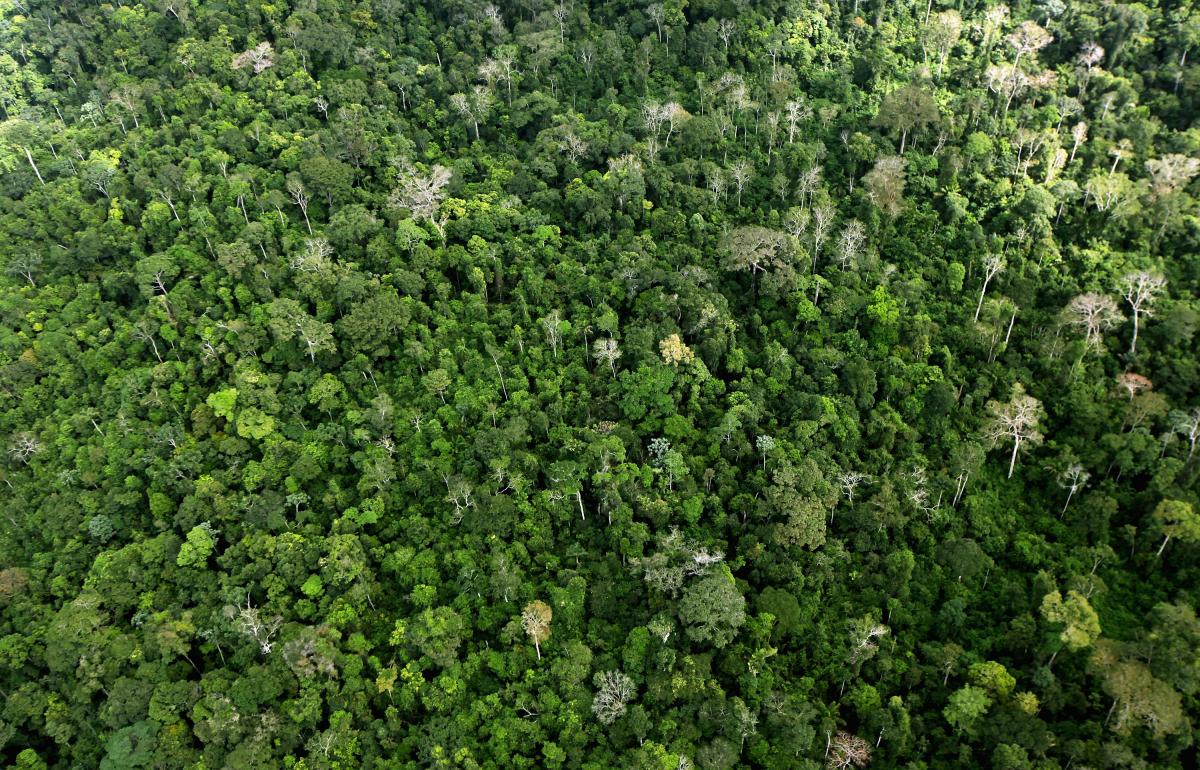Electronics bin ban, Amazon soy moratorium, Luxembourg tax review and chemical footprint tool
E-waste ban
The final deadline under a New York State law designed to better manage electronic waste passed on 1 January 2015. From this date anyone disposing of computers, televisions or other electronic equipment and peripherals in their household waste will be liable for a $100 fine. The measure will be implemented under a 2010 regulation that was needed, according to legislators, because e-waste in landfills or incinerators is environmentally harmful, and because old electronics contain “valuable materials to be reclaimed and reused”.
The trash ban is accompanied by a requirement on manufacturers to provide “free and convenient” recycling of e-waste. The European Union, by contrast, has a target for 45% of e-waste to be collected for recycling and reuse by 2016, and no ban on consumer disposal in household rubbish.
Soy moratorium extended
Brazil has decided to extend until the middle of 2016 a ban on the sale of soy from areas of the Amazon rainforest that were cleared for agriculture after July 2008. The programme, which has been credited with helping slow the rate of deforestation in the Amazon, was due to expire on 1 January 2015. It will now expire on 31 May 2016, to coincide with a deadline for Amazon landowners to file property registrations that include maps and GPS coordinates showing areas that have been deforested.
Companies including Carrefour, Nestlé, Tesco, Marks & Spencer and Waitrose backed the extension. Greenpeace said the extra year and a half would be “critical for the Brazilian government to advance governance in the Amazon, and for the corporate sector to secure a plan to remove deforestation from their supply chains”.

Luxembourg's tax ethics
Luxembourg has promised to start in January 2015 a review of its system for granting tax rulings to companies, for which it has been under pressure following revelations published by the International Consortium of Investigative Journalists. Numerous companies, including Deutsche Bank, Disney, Ikea and Pepsi have been caught up in the “LuxLeaks” scandal, which has centred on approvals given by the Luxembourg tax authorities to schemes used by companies to shift profits to the Grand Duchy where they are taxed at super-low rates.
The Luxembourg finance ministry said in December that its tax arrangements were “compliant with international and national law” but could be “put in doubt from an ethical point of view”. From January, Luxembourg said it would set up a commission to review tax deals with companies, and would start to charge companies up to €10,000 for signing off their tax structures – a service which is presently free.

Chemical footprints
Companies can now complement their carbon footprinting exercises by calculating their chemical footprints, using a new tool provided by a partnership of non-profit groups with backing from corporations including Hewlett-Packard, Seagate and Staples. According to the Chemical Footprint Project, the tool enables the calculation of the “total mass of chemicals of high concern in products sold by a company and used in its manufacturing operations”.
Chemicals of high concern are substances that could potentially harm health or the environment, and could be made subject to regulatory controls. The substances are in everything from shoes to iPhones, and the chemical footprints will “enable brands to market their progress and success in using safer chemicals”, the Chemical Footprint Project says.


